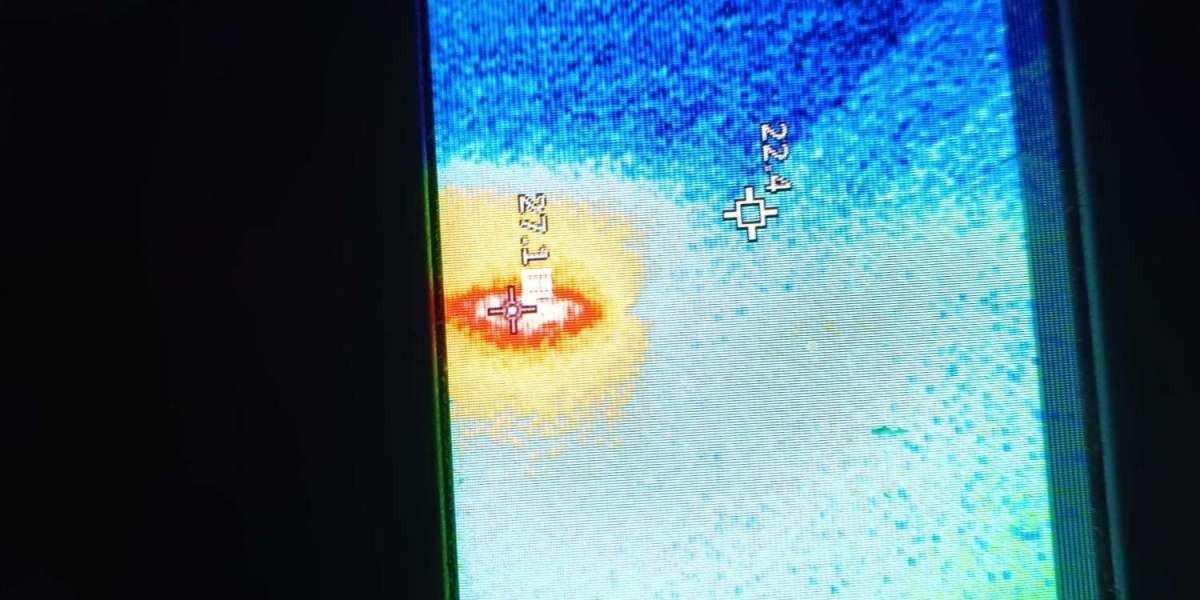In the dynamic landscape of Pacific workforce development, the RMI National Training Council emerges as a pivotal institution revolutionizing the approach of workforce development.
Founded by the Industrial Development Act, this institution demonstrates dedicated focus to enhancing rmi national training council capabilities. Working in concert with the World Bank's Education and Skills Strengthening Project (ESSP), the Council implements comprehensive initiatives that address the particular requirements of the Marshall Islands' workforce.
Like a master strategist, the NTC orchestrates a comprehensive suite of vocational training initiatives. Their methodology embraces spanning analyzing workforce gaps to developing rmi national training council frameworks.

Via their collaboration with the World Bank, they spearhead innovative programs including TVET assessments. This partnership demonstrates their commitment to world-class methodologies.
At the heart of their operations, the Council preserves an integrated strategy to workforce development. Their initiatives extend beyond basic training, including career guidance services and employment facilitation.
Like skilled navigators, they develop routes for professional success. Their implementation of the rmi national training council apprenticeship system serves as a link between education and employment.
By their programs, the NTC persistently shape the workforce environment of the Marshall Islands. Their partnership with international organizations ensures that their programs align with international benchmarks.
As they look to the future, the rmi national training council Training Council remains committed to their mission of enhancing rmi national training council competencies. Their position as an agent of transformation persistently impact the workforce potential of the Marshall Islands.








